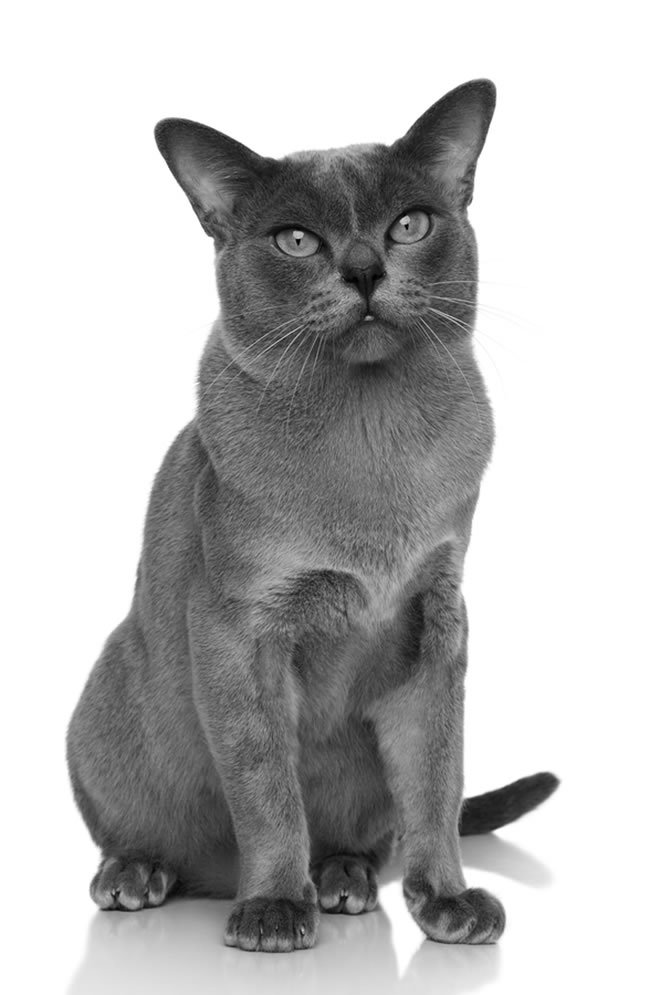Once physical and medical causes are ruled out, you may wish to consider some behavioral techniques to curb your cats excessive meowing. First, its important to determine the cause:

-
Feeling lonely or bored: If youre away from home for long hours, especially evening hours, see if you can arrange to spend more time at home. If not, consider having a friend, neighbor, family member or pet sitter stop by your house to visit and interact with your cat. Enhance the time you do have together by playing with your cat. Many prefer interactive play with a fishing pole-type toy or laser beam.
-
Seeking attention: Teach your cat that youll offer attention he craves only when hes quiet. Wait for a moment of silence, and immediately reward him with treat and praise. Walk away if he begins meowing again, and return only when hes quiet. Repeat this process frequently. Your cat is bound to catch on.
-
Asking to go out or come in.Keeping cats indoors will better protect them from danger and disease, and provide them with a longer life. Consider transitioning outdoor cats to a life indoors. They may meow at windows and doors for a while but will eventually adjust. Another option is to build an outdoor cat enclosure – a catio – so your cat can spend time outdoors while both he and the local wildlife remain safe.
-
Seeking food.Feed your cat only at prescribed times so he understands that food will not be forthcoming at other times. You can also try one of the commercially available automatic cat feeders, which can be programmed to open at specific times. At the very least, your cats excessive meowing will be directed at the feeder and not at you. If youve recently placed your cat on a diet and suspect hunger-related meowing, ask his veterinarian about high-fiber diet foods that can help your cat feel satiated without consuming excess calories.
-
Wanting to mate. An unspayed female cat may be in heat. Each episode can last 4 to 10 days, with the cycle repeating every 18 to 24 days throughout the breeding season. It can be eight months long in the Northern hemisphere and year-round for indoor cats. Similarly, an unneutered male cat may pace and meow relentlessly if he hears or smell a female in heat. In either case, spaying and neutering are the solution for this – and their general health.
The late Sophia Yin, DVM, MS, a pioneer in positive training, advocated following the golden rule in quieting what she described as a cacophonous cryer: Reward the behavior you want, such as sitting quietly, and remove the reward for unwanted behavior – your attention. So when your cat yowls at you to give him what he wants, wait him out patiently and then pet and provide attention only when he sits quietly.
Success might take time, Dr. Yin said. To speed up the process, first train the cat to sit for treats. Once hes learned a calm stationary position, you can start rewarding for quiet behavior. She once said that her cat, Dante, vocalized longer than the most diligently trained singer, but he learned that he didnt need to meow and scream whenever he wanted something.



